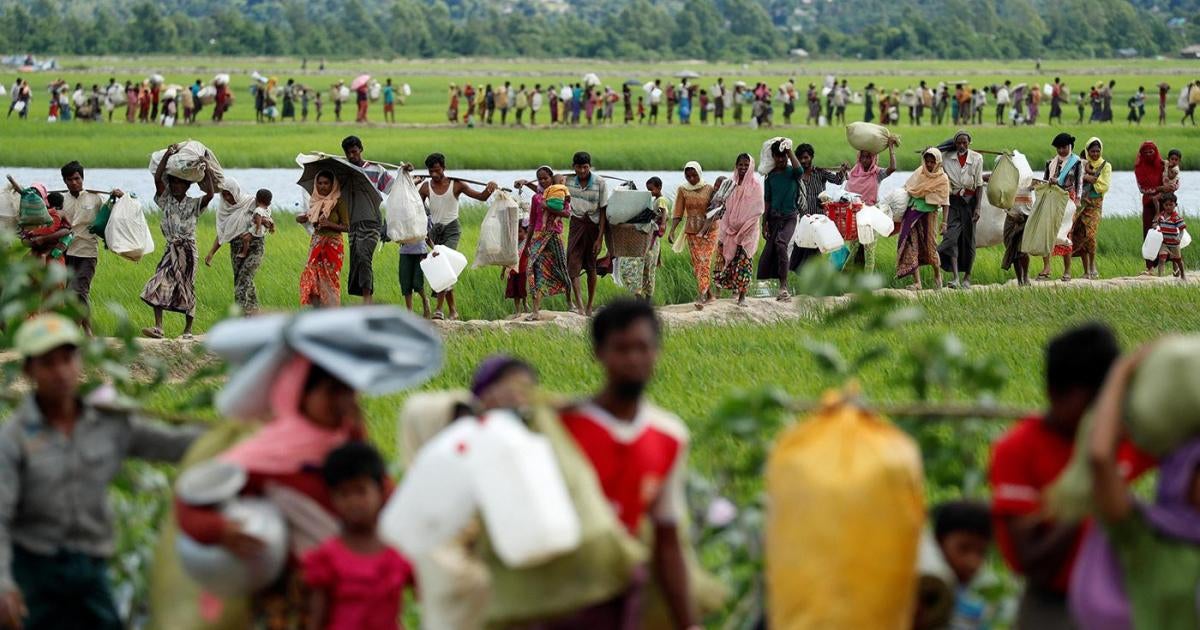
The ongoing crises in Israel and Palestine demand immediate and decisive action from the international community; a response that transcends mere words and weak plans that fail to address the horrific realities on the ground. The recent “Comprehensive Plan to End the Gaza Conflict” proposed by former President Donald Trump, while ostensibly aimed at peace, is nothing more than an empty gesture against a backdrop of unrelenting violence and human rights abuses.
Since October 7, 2023, the situation has deteriorated into a humanitarian catastrophe, with civilians bearing the brunt of a conflict defined by war crimes and systemic oppression. Human Rights Watch has been unequivocal in its assessment: the past two years have seen a relentless onslaught against the civilian population, leaving thousands dead, maimed, and forcibly displaced. This is not an isolated incident nor a series of unfortunate events; it is a manifestation of deeply entrenched power dynamics and systemic inequities that demand our collective outrage and action.
The two-year legacy of violence is marked by heinous acts committed by both state and non-state actors. On one side, Palestinian armed groups, including Hamas, have perpetrated atrocities—gunning down civilians, taking hostages, and committing war crimes against humanity. The brutality of their actions cannot be overlooked. However, the systemic violence unleashed by Israeli forces is equally, if not more, damning. With tens of thousands of Palestinians—predominantly civilians—killed, entire neighborhoods decimated, and infrastructure obliterated, we face a reality where the Israeli government employs starvation as a weapon, laying siege to civilian populations and rendering them vulnerable to famine and despair.
The international community has a moral obligation to protect the most vulnerable and to hold violators accountable. Yet, what have we seen? A failure to act. Governments must take immediate steps: impose arms embargoes, enact targeted sanctions, and support the International Criminal Court (ICC) in its pursuit of justice. The mere suggestion that foreign governments wait for a so-called peace plan before taking action is not only irresponsible; it is complicity in the ongoing suffering of millions.
The narrative that has emerged—that these atrocities are simply the byproduct of a complex geopolitical conflict—masks the fundamental truth: this is a struggle for human rights and dignity. The reality is that the Israeli government’s actions are a direct violation of international humanitarian law, with repeated reports from the United Nations and human rights organizations documenting these crimes. When a state engages in systematic violence against civilians, targeting hospitals, schools, and essential infrastructure, it undermines not just the region but the very principles of justice and equality that we claim to uphold globally.
The call for accountability must echo loudly and clearly. Those with influence over both Hamas and Israeli authorities must leverage that power to demand the immediate and unconditional release of hostages and an end to the violence. It is imperative that governments use their diplomatic relations to pressure Israel to lift the unlawful restrictions on humanitarian aid flowing into Gaza and to cease military operations that indiscriminately target civilians.
Additionally, the international community must acknowledge that military aid to both parties only perpetuates this cycle of violence. The United States and other nations must reevaluate their military assistance and arms transfers, ensuring that such support does not contribute to further atrocities. The imposition of targeted sanctions against individuals responsible for these grave violations is not merely an option; it is a necessity if we are to uphold the integrity of human rights.
Moreover, the choices made at this juncture will reverberate far beyond the borders of Israel and Palestine. When powerful nations ignore the violations of international law, they send a chilling message: that human rights are negotiable, that accountability can be bypassed, and that some lives are valued less than others. This is a dangerous precedent that undermines the global framework designed to protect civilians in conflict zones and erodes the credibility of international justice mechanisms.
We must reject the complacency that has allowed decades of suffering to persist under the guise of peace negotiations. The so-called peace plans have often served to distract from the urgent need for real action against human rights violations. As Omar Shakir from Human Rights Watch poignantly stated, “The worsening repression on the ground as decades of ‘peace processes’ played out should have made clear the folly of relying solely on peace plans to address grave abuses.” It is time for governments around the world to take concrete actions—support credible investigations, impose sanctions on those who commit atrocities, and above all, uphold the universality of human rights.
In this moment of crisis, we must stand united in purpose and action. The lives of over two million Palestinians in Gaza, the civilians held hostage, and all those affected by this brutal conflict depend on our willingness to confront injustice and advocate for a future where accountability prevails over impunity. Anything less is a betrayal of our shared humanity.


